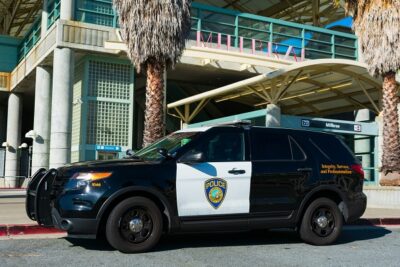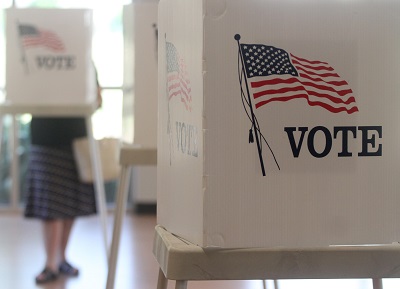BART needs to get contract talks done by July 1
With a June 30 contract deadline approaching, now is the time for BART and its labor unions to avoid the battles of the past and negotiate a solution that will reduce a substantial deficit without hurting riders already contending with a tough economy. Riders are doing their part. On July 1, they will begin paying more when a previously scheduled fare increase is moved up six months. If riders have to act more quickly than planned, the unions and management should respond in kind and hammer out a contract agreement with a deadline of the same date. In years past, BART contract battles have extended for months, inconveniencing customers and creating acrimony that in some cases led to a strike. It doesn’t have to be that way, and in these economic times, it can’t happen this year.
What’s at stake is nothing less than the Bay Area’s public transit core. More than 360,000 people use BART every day – connecting to their destinations or other public transit systems – and riders travel more than 1.3 billion miles on the system annually.
Unfortunately, BART is now facing the same economic pressures and conditions that have forced fare increases and cuts in service at other transit agencies. The rail system must contend with an estimated $250 million deficit over the next four years. A decrease in state funding and high labor costs, which make up more than 73 percent of BART’s operational budget are key factors in this fiscal crisis. Balancing BART’s budget will come only after true sacrifice and some painful choices. The central question in this financial emergency is will BART make the changes needed to keep it a mass transit success for the years to come without penalizing its riders?
While the economic situation further deteriorates, BART management and labor unions representing some 2,800 BART workers are engaged in ongoing negotiations. One of BART’s unions has proposed extending the current contract, along with benefits and other provisions, for one year. While that might sound plausible, in reality a one-year rollover does nothing to reduce BART’s deficit. BART unions need to get serious about negotiations when they have the opportunity to choose how they can help bridge the system’s deficit.
BART management is committing to millions of dollars in savings and reductions that can be implemented now. These proposed reductions are part of the effort to avoid fare increases and cuts in service that would only erode the goodwill and customer loyalty the system has earned over the years. When it comes to mass transit, making it harder and more expensive for your riders to use your system isn’t exactly a winning formula for success.
Recent media reports have outlined wasteful contract provisions for union workers that haven’t changed in decades and aren’t needed or useful in today’s tightrope economy. To survive, BART – like many organizations – will have to adapt to the times and run leaner and more productively.
The unions representing BART employees need to come to the negotiating table with the understanding that the average BART rider cannot afford drastic fare hikes and will not suffer through another BART strike. The good times as we all knew them are over for now. Preserving what matters most is essential. Now, more than ever, we need BART – an affordable, environmentally sensitive and efficient transit option – to keep running for the common good. BART management and the unions need to find a solution in the coming weeks and mark a new, constructive chapter in labor relations. Let’s get this done by July 1.
This Editorial was printed in the San Francisco Chronicle on Monday, June 8, 2009





